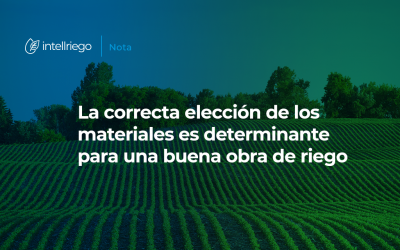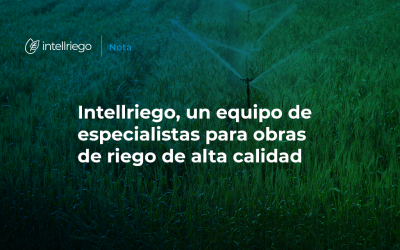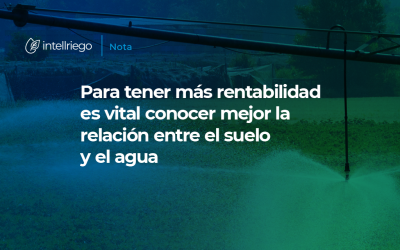Not having control and knowledge of how irrigation water behaves in our soil can lead to significant losses in crop yield, and furthermore, this also negatively affects the environment.
It is important to speak of leaching of minerals by excess water, which has a direct relationship with soil degradation
Leaching from agriculture, the displacement of ions in solution below the crop root zone and their movement towards bodies of water, It constitutes one of the aspects of special attention in the world due to its recognized pollution impact.
The concept of leaching is used in ecology to refer to the slide of pollutants and waste into the seas and rivers. The water is responsible for dragging these substances that can cause significant damage to the environment. In addition to leaching, the loss of nutrients, salinization of soils, deterioration of layers and loss of organic matter, among other problems, are all harmful to the environment.
Beyond the ecological problems that lack of water control entails, the producer also loses the quality of his soil. Different solutions are needed to achieve the objective that the root takes comfortably, without excess, so that there are no percolations and the water ends up in the layers dragging nutrients.
Sometimes it is due to a lack of knowledge of the water-soil ratio that overwatering can occur. This generates economic losses due to mismanagement of resources. If all these factors are taken into account and intelligent and strategic actions are taken, not only is it good for the environment, but also the producer will see better results in his field.





